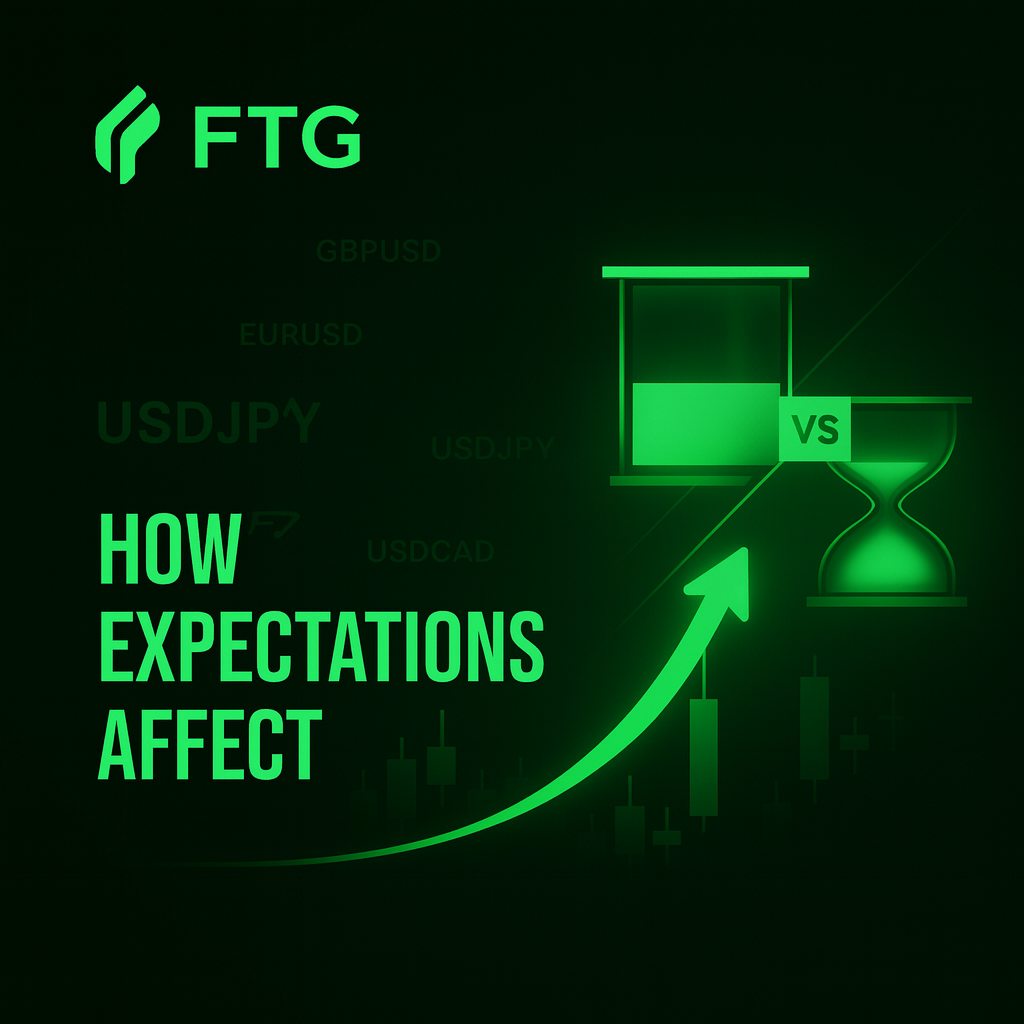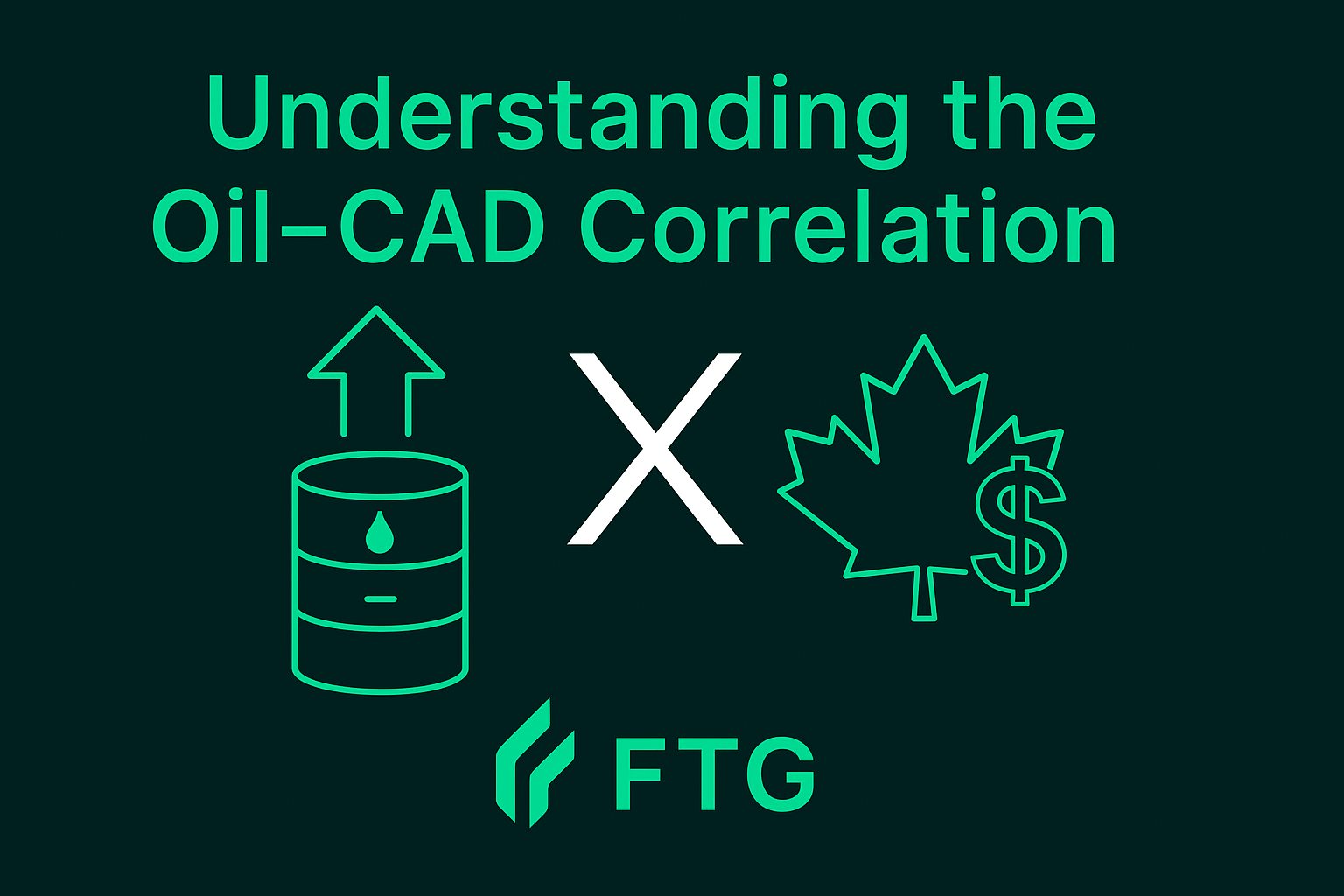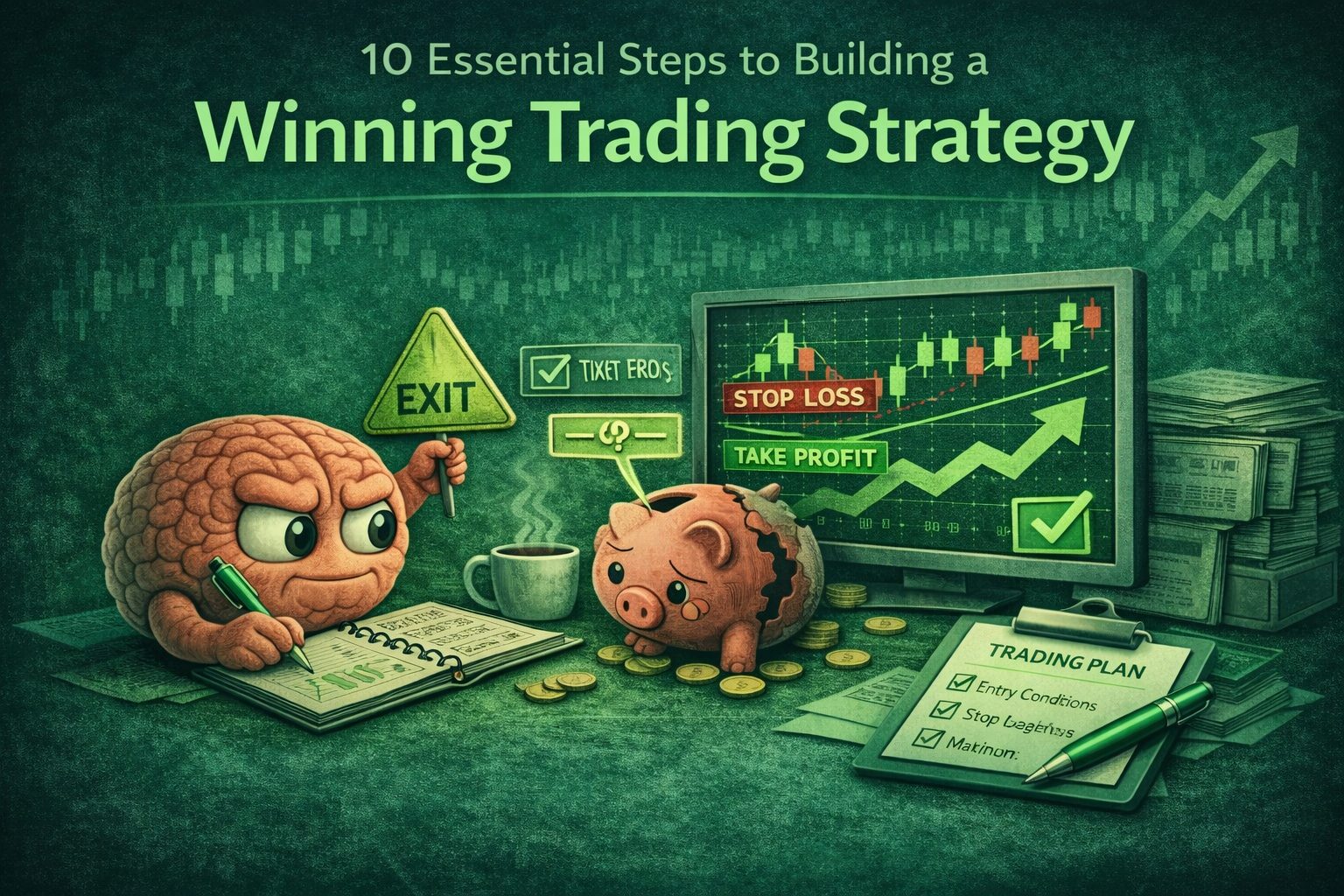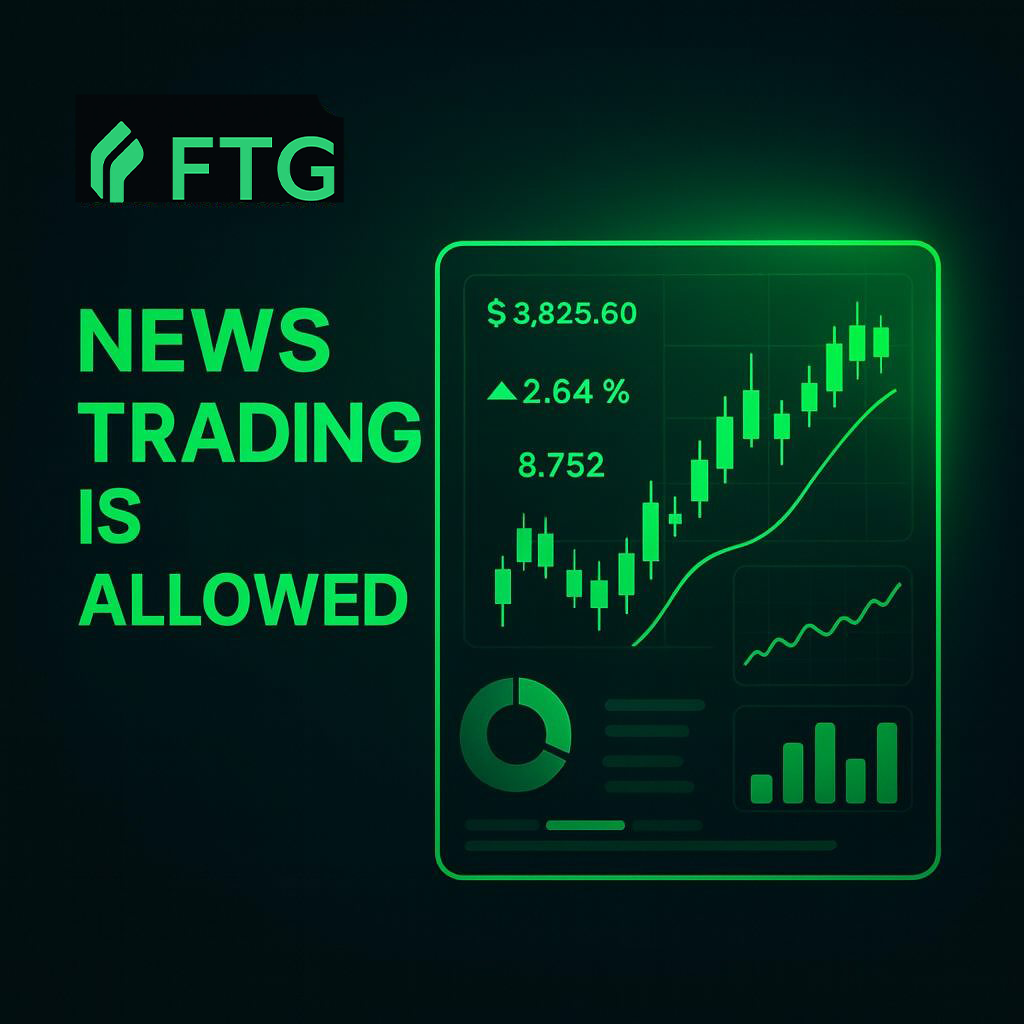At FTG Funded, we know that trading success isn’t just about strategies, charts, or market knowledge — it’s also about mindset. Among the biggest influences on a trader’s mindset are expectations.
- Unrealistic expectations (like overnight riches) often lead to frustration and failure.
- Realistic expectations (discipline, patience, consistency) lay the foundation for long-term success.
In this article, we’ll explore how expectations shape behavior, how they can help or harm, and how FTG traders can set smarter, growth-driven goals.
📌 What Are Expectations in Trading?
Expectations are simply beliefs about what should happen. In trading, they often sound like:
- “I’ll make 1% every day.”
- “One Challenge pass and I’ll be set for life.”
- “I just need one big win.”
These are common among beginners, fueled by social media hype and flashy marketing. But real trading is about time, patience, and risk management.
👉 When these unrealistic expectations aren’t met, frustration kicks in — leading to overtrading, broken rules, or quitting altogether.
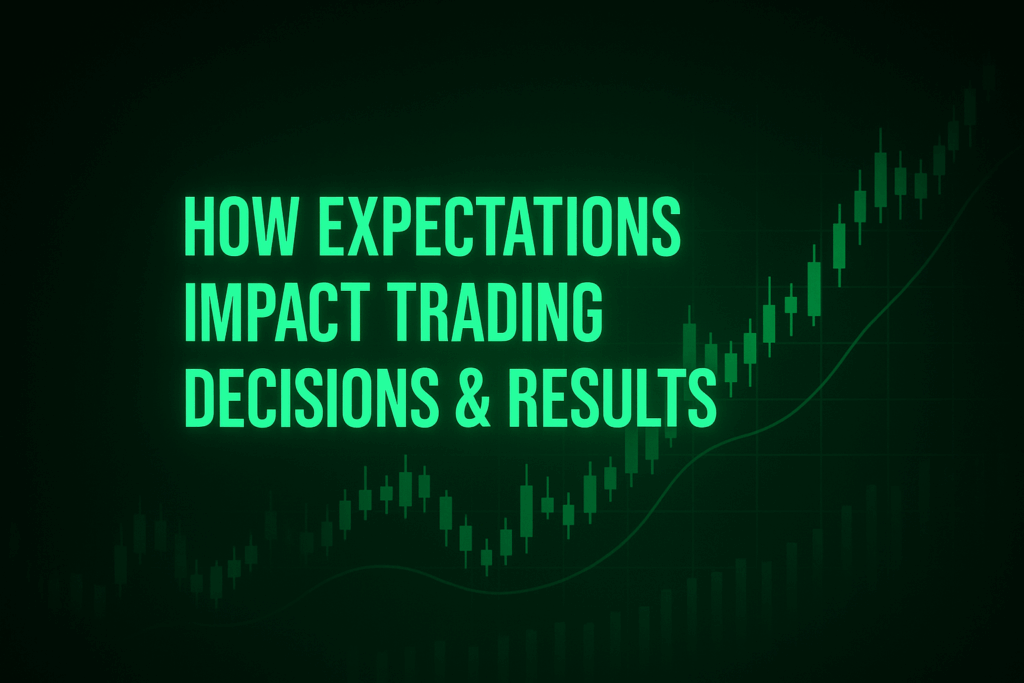
⚖️ Why Trading Feels Different
In most parts of life, more effort equals better results.
- Work extra hours → earn more.
- Train harder → improve performance.
But in trading, more activity often equals worse results.
- Overtrading → weak entries
- Revenge trading → bigger losses
- Forcing trades → straying from your plan
At FTG Funded, we emphasize:
- ✅ Preparation over constant activity
- ✅ Quality over quantity
- ✅ Risk control over gambling behavior
👉 Sometimes, the best trade is no trade at all.
🎯 Managing Expectations in Live Trades
Expectations don’t just shape long-term goals — they directly influence individual trades.
- Expecting a loss → closing too early, missing potential gains
- Expecting a win no matter what → moving stop-loss further away, letting small losses grow
The FTG Approach: Always Enter with Two Plans
- Plan A: Profit target
- Plan B: Controlled risk (acceptable loss level)
By preparing for both outcomes, traders remove emotional bias and trade based on probability, not hope.
🎯 Goals: Helpful or Harmful?
Expectations and goals are linked, but poorly set goals can be destructive.
- ❌ Unrealistic Goal: “I’ll make 1% profit every single day.”
- ✅ FTG-Style Goal: “I’ll take no more than 2 trades per day for 30 days, fully aligned with my risk rules.”
The second goal is specific, measurable, and under your control.
📝 The SMART Goal Framework for Traders
FTG recommends using SMART goals to align expectations with reality:
- S – Specific: Define exactly what you’ll do.
- M – Measurable: Track progress with clear metrics.
- A – Achievable: Keep goals within your control.
- R – Relevant: Align them with your long-term trading vision.
- T – Time-bound: Set deadlines for accountability.
Instead of chasing profits (which you can’t fully control), set goals like:
✔️ Following your trading plan
✔️ Respecting stop-losses
✔️ Avoiding overtrading
✔️ Journaling every session
👉 These expectations build discipline and consistency — and consistency builds funded traders.
💡 Final Thoughts: Control What You Can
The market is unpredictable. You can’t control whether a trade wins or loses — but you can control your process, mindset, and discipline.
At FTG Funded, we reward traders who:
- Respect the rules
- Manage risk responsibly
- Focus on long-term growth, not quick wins
💡 When you set realistic expectations and focus on what’s in your control, frustration fades — and progress begins.
👉 Ready to prove your discipline? Start your FTG Challenge today and build the habits of a consistently profitable trader.

